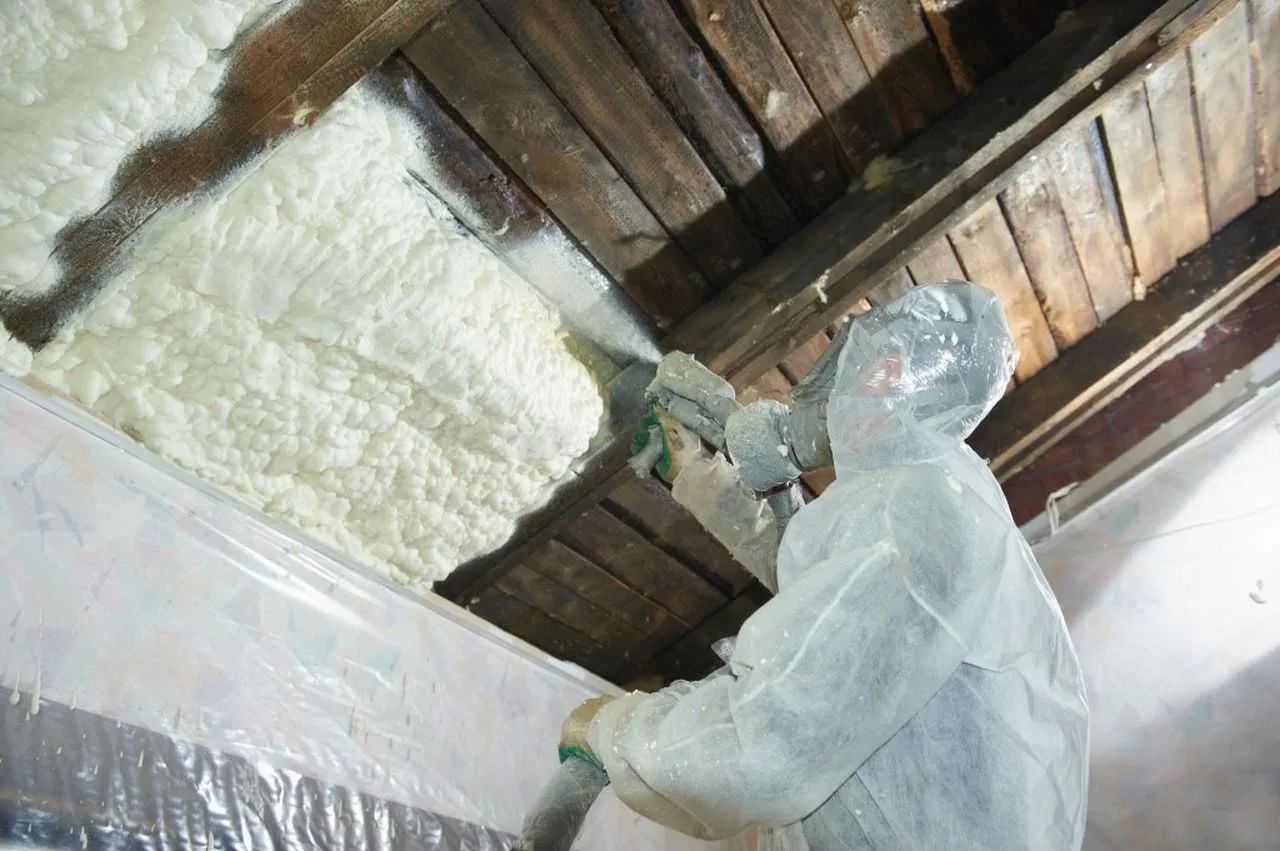
Spray foam insulation is a popular choice for homeowners and businesses looking for effective thermal insulation and energy efficiency. Unlike traditional insulation materials, it expands upon application, sealing gaps and reducing air leakage. This feature makes it a strong contender in insulation options, but it also has some drawbacks to consider.
Spray foam creates an airtight seal that significantly reduces energy loss. By minimizing heat transfer, it helps lower utility bills and reduces strain on HVAC systems. The initial investment may be higher, but long-term savings often justify the cost.
Closed-cell spray foam acts as a moisture barrier, preventing water infiltration and reducing the risk of mold growth. This makes it particularly beneficial in humid environments or areas prone to leaks.
Unlike fiberglass or cellulose, spray foam does not sag or degrade over time. Once installed, it maintains its insulating properties for decades, reducing the need for replacements or upgrades.
Because spray foam insulation seals cracks and gaps, it helps prevent outdoor pollutants, allergens, and dust from entering a building. This contributes to improved indoor air quality and overall comfort.
Closed-cell spray foam adds rigidity to walls and roofs, strengthening the building structure. This added durability can be beneficial in extreme weather conditions.
One of the primary concerns with spray foam insulation is its upfront expense. Installation costs are higher compared to traditional insulation options, though energy savings can offset the investment over time.
Unlike fiberglass or batt insulation, spray foam requires specialized equipment and expertise. Incorrect application can lead to performance issues, so hiring a certified contractor is essential.
During installation and curing, spray foam releases chemicals that may cause temporary odors or respiratory irritation. Proper ventilation is necessary to minimize exposure.
Once applied, spray foam is difficult to remove or alter. If renovations or repairs are needed, sections of the insulation may need to be cut out, which can add to labor and material costs.
Some older homes with inadequate ventilation or specific design constraints may not be suited for spray foam insulation. Consulting a professional can help determine if it’s the right fit.
Choosing the right insulation involves understanding your specific needs, budget, and long-term goals. If you’re considering spray foam insulation, consulting a professional can help you make an informed decision. Call (903) 389-5705 or email [email protected] to discuss your project.
Costs vary based on the size of the project, the type of spray foam used, and labor fees. On average, it ranges from $1.50 to $5.00 per square foot.
Spray foam insulation can last 20-30 years or more with proper installation, making it one of the most durable insulation options available.
Yes, once fully cured, spray foam is safe. Proper ventilation during installation helps minimize exposure to chemical fumes.
DIY spray foam kits exist, but professional installation is recommended to ensure proper application and effectiveness.
Yes, spray foam helps dampen sound transmission, making it a good choice for reducing noise between rooms or from outside sources.
Yes, but older homes may require additional modifications to ensure proper ventilation and compatibility with existing structures.
Open-cell foam is softer and more flexible, offering soundproofing benefits, while closed-cell foam is denser and provides a stronger moisture barrier and higher insulation value.
The installation process typically takes one to two days, depending on the project size and complexity.
Proper ventilation planning is necessary to ensure indoor air quality while benefiting from the insulation’s sealing properties.
Spray foam provides better air sealing, moisture resistance, and longevity, but it comes at a higher cost compared to fiberglass insulation.